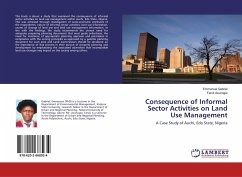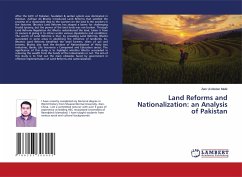It is frequently argued that planning is largely a negative or passive process. Although planners have to produce structure plans for ten to twenty years ahead, up to the lacked initiative and control over development-having to confine their attention to the approval or rejection of planning applications and to major private developments. Without formalized corporate planning, town planners did not even indirectly manage any day-to-day public services. In the way structure plans were being prepared, there was a danger that they would become a series of vague generalities-a mere reflecting of the planners own separation from reality. Land, the planners resource, [was] ---- peculiarly and manifestly not the planners resource. Speculation, land scarcity, the dearth of public investment funds and, in practice, the negative influence of planning all prevented the development of land for the benefit of society overall. It was increasingly argued that to secure development in the best interests of the whole community it would be necessary for the control of land to be exercised by the public authority as landlord rather than merely as controlling authority.
Bitte wählen Sie Ihr Anliegen aus.
Rechnungen
Retourenschein anfordern
Bestellstatus
Storno








